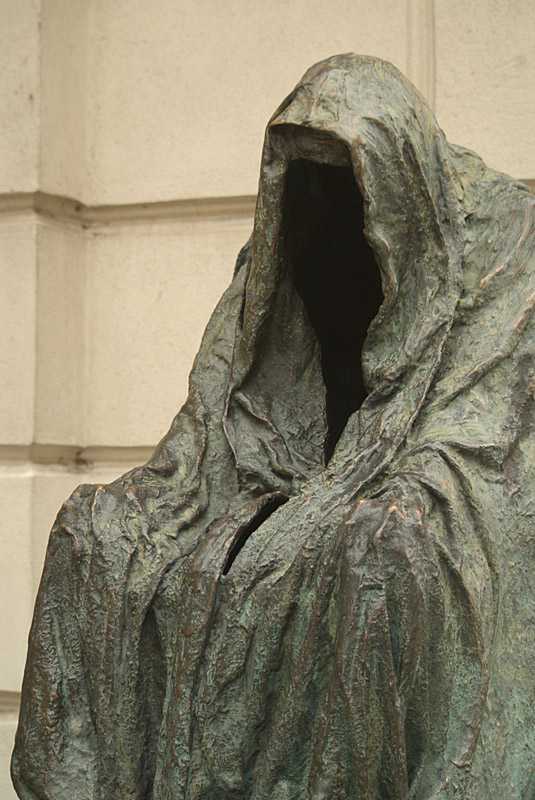FWP:
SETS == MULTIVALENT WORDS ( nang ); VARNAH
LIFE/DEATH: {7,2}
CLOTHING/NAKEDNESS: {1,1}; {3,5}; {6,1}**, on the rhyme-word positioning of ʿuryāñ ; {6,7x}; {6,11x}; {64,8x}; {82,4x}*, tightness; {84,2x} (on jāmah vs. qabā ); {84,3x}; {87,1}; {108,5}; {111,3}; {145,16x}; {171,1}; {178,4}; {192,1}; {202,1} // {282x,6}; {312x,3}; {314x,6}; {331x,1}; {332x,1}; {335x,2}; {335x,4}; {377x,5}*; {377x,6}; {378x,3}*; {381x,4}; {388x,5}; {389x,6}; {400x,4}; {400x,4}, shoes; {412x,1}; {433x,7}
SHAME/HONOR verses: {3,5}; {9,1}; {24,1}; {64,1}; {68,10x}; {81,13x}; {83};
{87,1}; {92,6}; {98,8}; {99,5};
{102,1}; {114,6};
{115,6}; {119,5};
{119,7}; {120,4};
{139,7}; {139,8};
{159,3}; {183,9}; {220,2}; {226,6x} // {248x,1}; {404x,7}
ABOUT SHAME/HONOR: The powerfully bi-valent Persian-derived word nang means 'honour, esteem, reputation; —shame, disgrace, infamy, ignominy' (see the definition above); it thus flips back and forth according to context between the two possible forms of public judgment and (dis)repute. It seems clear that for Ghalib the 'shame' meaning is primary: consider {47,4x}, {87,1}, and {91,8}, in which only the 'shame' meaning seems to be relevant. But then, to prove the duality of the word, consider {99,5}, in which not nang but be-nang , 'shameless', is clearly a powerful reproach. (The related Hindi-side nang or nangā means both 'naked' and, secondarily, 'shameless'; see the definitions above.)
The similarly bi-valent term nāmūs is often conjoined to make the pair nang-o-nāmūs , meaning 'Honour, esteem; —shame, disgrace' (see the definitions above). (Though nāmūs can also be used alone with the same double sense, as in {222,3x}.) Behind the duality no doubt is the obvious psychological fact that whatever is a source of pride can easily become, if jeopardized, a source of humiliation and disgrace. (Compare the similar ambivalence in English: 'Doesn't that cause you shame?', in which a feeling of 'shame' is an undesirable thing; versus 'Have you no shame?', in which a feeling of 'shame' is a desirable thing.) For discussion of the same concept(s) in Mir, see M{1896,9}.
In the present verse Nazm, like Chishti, accuses Ghalib of mere wordplay,
but the verse is certainly doing 'meaning-play' as well. The similarly two-faced
word 'shame' [sharm] can even explicitly become a source
of pride, as in {24,1} or especially {83,1}, where this doubleness is discussed in more detail.
Then {83,1} should be contrasted with {83,2}, in which 'shame' clearly means something like 'honor'. See also {98,8} for another piquant use of
'shame'; and there's {159,3} as well.
In their discussions of the present verse, the commentators insist on reading nang only as 'disgrace', but the possibility of 'honor' works perfectly well too, and adds another dimension to the verse. If we take this alternative reading, we have something like, 'The shroud covered the flaws of nakedness after my death; otherwise, while I was alive, no matter what kind of clothing I wore I {was / would have been} an honor to existence'. Now perhaps the lover is saying this semi-sarcastically, but there's no reason he wouldn't or couldn't say it; we have many examples in which the lover speaks sarcastically about worldly prestige. (For a few examples among many, see some of the verses in which the lover confronts the Advisor.)
The speaker may also be proud of his nakedness, as he is proud of that of Majnun in {6,1}. And in {378x,3}, the speaker says flatly that it is his 'attire of nakedness' [libās-e ʿuryānī] that is 'glory-augmenting' [jalvah-fizā]. Faruqi points out (in urdū ġhazal ke aham moṛ ) that nang-e sounds to a listener like nange , 'naked'. The speaker may thus suggest that only the shroud was able finally to cover him; otherwise, his whole life long he flaunted his nakedness and disgrace, even when he (outwardly? seemingly?) wore clothing. This is in fact just the kind of thing the lover so often does; his pride in his passion, and his rejection of the fine facades of the worldly, are at the heart of the ghazal world. The commentators make the speaker grovel. But Ghalib's speaker/lover is just as often unimaginably arrogant; and sometimes, as in this verse, he may be both at once. See for example {7,7}, in which Asad's corpse lies unattended and perhaps even naked, with no shroud at all, while the sorrowful speaker describes him as a 'strangely/remarkably free man'.
The varnah can here suggest either a past condition or a contrafactual situation. It's also a key to the whole structure of the verse, for it signals a contrast between the clause before it and the clause after it-- but what contrast, exactly? The possibilities include: being 'covered' with something versus wearing 'attire'; death (in a 'shroud') versus life (in 'existence'); 'scars' and/or 'flaws' versus either 'shame' or 'honor'; 'nakedness' versus wearing 'attire'.
Compare {220,2}, which is also about issues of shame and honor, life and death.
See also the discussion of Mir's use of nang in M{1896,9}.

Nazm:
That is, only by dying was the flaw of nakedness erased; othewise, in every attire I was a shame to existence.... It's only a similarity of words that carried his mind aloft and away. (3)
== Nazm page 3